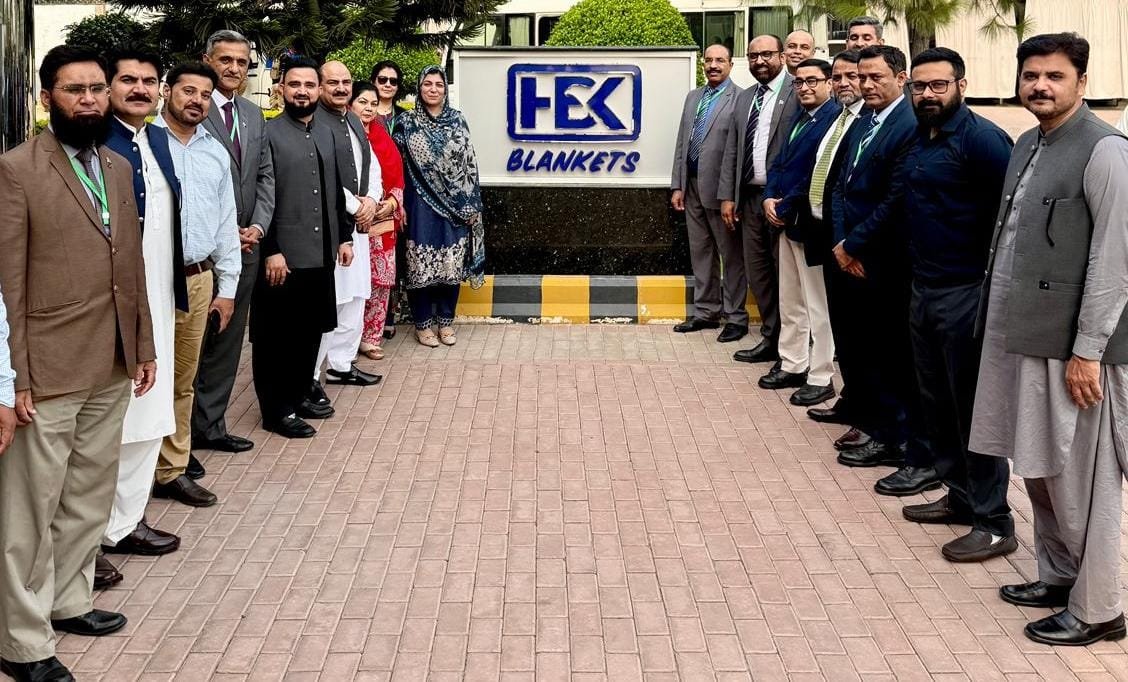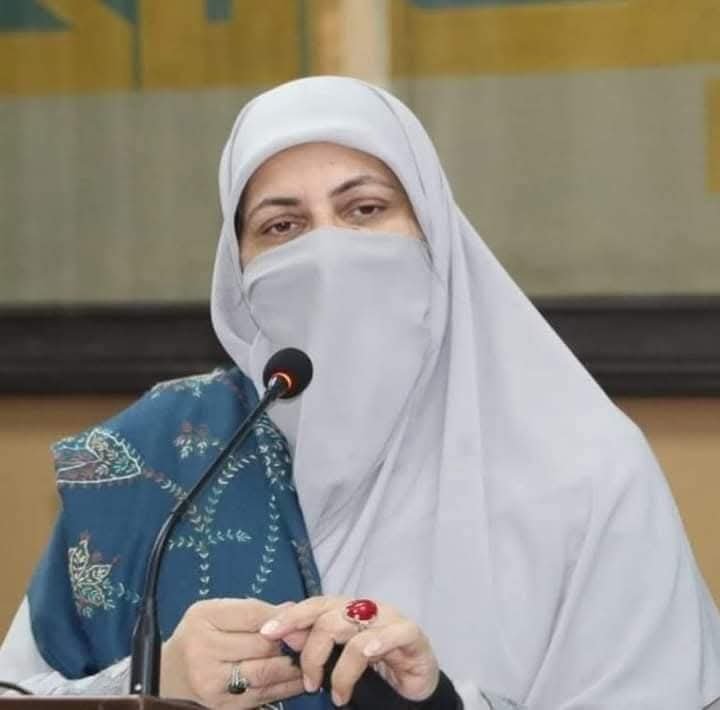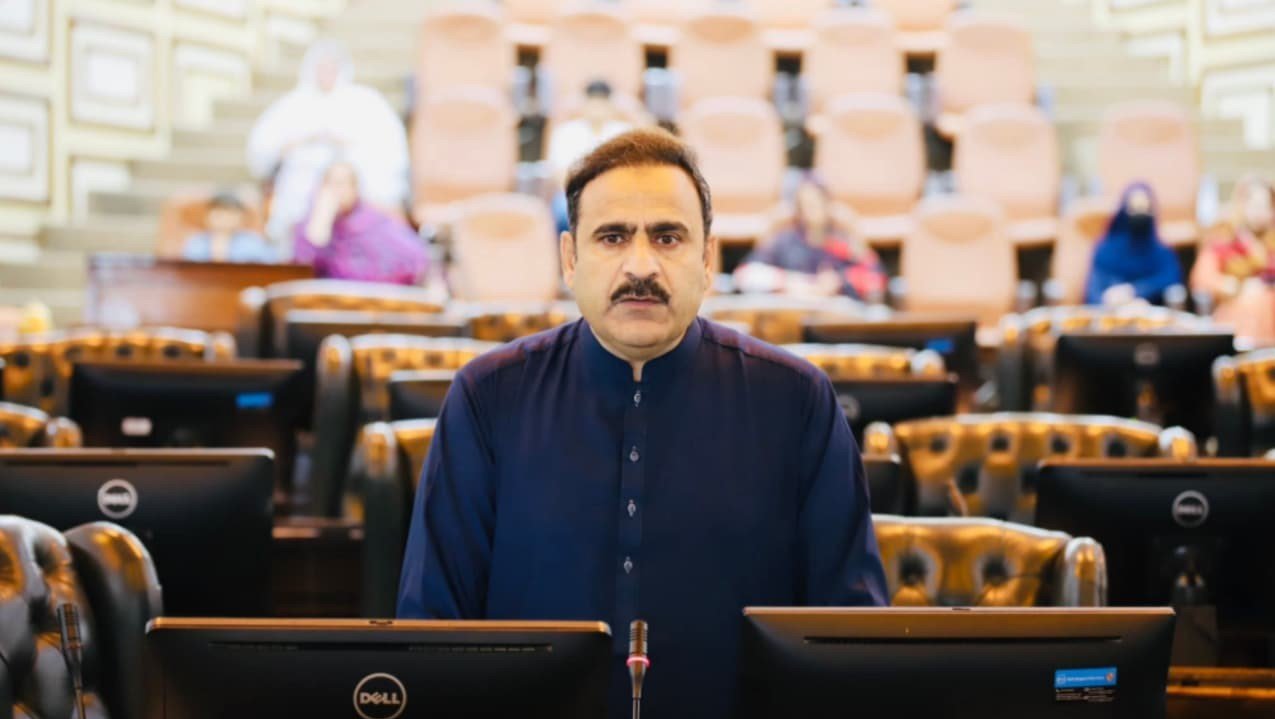Islamabad — The Pakistan Institute of Development Economics (PIDE) hosted a seminar titled “Understanding Gendered Vulnerabilities in Flood-Affected Areas of Pakistan,” spotlighting how disasters intensify social inequalities—especially for women, minorities, and marginalized groups. Moderated by Dr. Rabia Manzoor, Deputy Chief (Policy), the session featured expert insights from Nilofer Afridi Qazi, Raza Narejo, and Jayaa Jaggi.
To begin with, social worker and disaster specialist Nilofer Afridi Qazi stressed that disasters don’t create vulnerabilities—they magnify existing ones like poverty, illiteracy, and resource scarcity. Drawing from fieldwork in Khyber Pakhtunkhwa and Balochistan, she shared cases where cultural taboos stopped male rescuers from helping women during floods. Women observing purdah often missed aid distribution because they couldn’t interact with male relief workers. Additionally, she addressed menstrual health and promoted locally made reusable sanitary pads as a sustainable solution for displaced women.
Similarly, Raza Narejo, Acting Country Director of Islamic Relief Pakistan, explained how women are systematically excluded during relief efforts. In conservative areas, aid typically goes to men. This leaves women without essentials like hygiene supplies and maternal health products. Pregnant and lactating women face severe neglect. Therefore, he urged Pakistan to deploy female rescue teams. He also called for a shift from reactive disaster response to long-term reforms in food security, water management, and resilience building.
In contrast, Jayaa Jaggi of the Minority Women Forum discussed challenges faced by minorities, persons with disabilities, and female-headed households. For instance, relief points often remain inaccessible for wheelchair users and the visually impaired. Moreover, basic facilities like toilets and water pumps are frequently missing or unusable. She criticized Pakistan’s disaster governance for lacking gender-sensitive and inclusive planning. Hence, she called for women-led organizations and local communities to shape disaster policies—from early warning systems to budgeting.
Overall, the seminar emphasized that floods are not just environmental events—they are social stress tests. Cultural norms can turn emergencies into life-threatening barriers for women. In addition, institutional gaps in rescue and relief leave critical needs unmet. Governance failures further deepen exclusion for vulnerable groups. These gendered flood vulnerabilities demand inclusive planning and proactive governance.
Ultimately, speakers urged Pakistan to build a disaster management system that integrates gender sensitivity, cultural awareness, and inclusivity. By centering the voices of women, minorities, and marginalized communities, the country can protect both lives and dignity. Tackling gendered flood vulnerabilities is not just a policy challenge—it’s a moral imperative.









